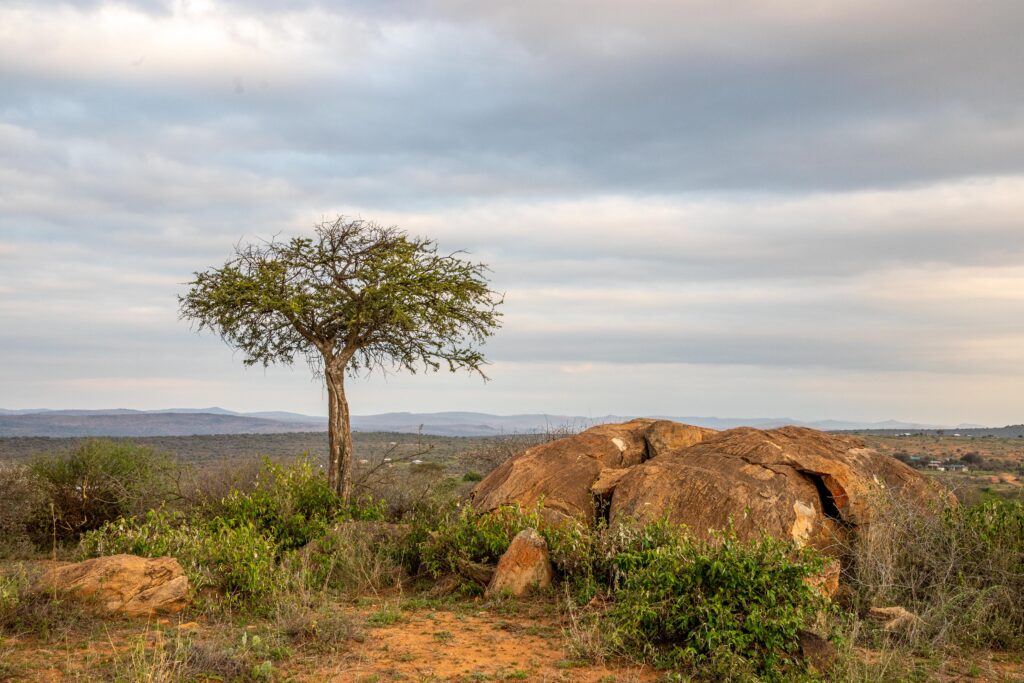
In the rolling plains of Kajiado, there once stood a mighty Oltukai tree an old acacia whose branches stretched wide, shading the cattle and shepherds beneath. The herdsmen loved to rest under its cool shade, and the birds built their nests in its branches.
For many seasons, the Oltukai watched over the land. The wind whispered through its thorns, and the roots held the soil together when the rains came. Elders often told the youth, “Never cut an old tree, for it is a guardian of the earth.”
But one herdsman, young and impatient, saw the tree differently. “This acacia is only wood,” he said. “If I cut it down, I will have firewood for many days.” He ignored the words of the elders, took his axe, and struck the tree.
As the tree fell, the ground trembled. The birds scattered, crying in sorrow. The shade was gone, and the soil lay bare. Without the Oltukai, the rains washed away the earth. Grass stopped growing, and soon the cattle had no place to graze.
The young herdsman wept, for his cattle grew thin, and the land turned dry. He went to the elders and asked, “What can I do to bring back the pasture?”
The elders replied, “A tree is not just wood. It is shelter, soil, water, and life. To restore what you have lost, you must plant, protect, and honor the trees.”
So the herdsman planted seedlings where the Oltukai once stood. He watered them when the rains delayed, and he guarded them from goats. Years later, a grove of acacias rose where the single tree had fallen, stronger than before.

And from then on, the people remembered: cut one tree without thought, and you take away many lives; plant one tree with care, and you give back to generations.

